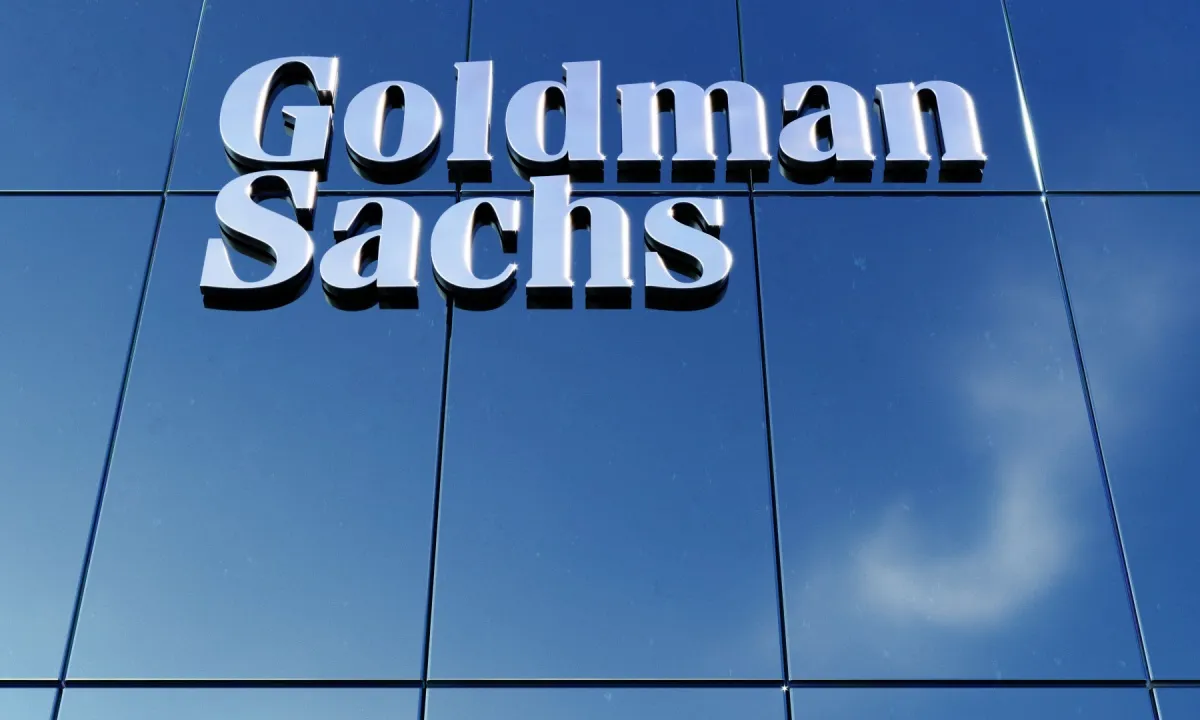Sam Bankman-Fried, the co-founder and former CEO of the now-defunct cryptocurrency exchange FTX, has expressed remorse for the first time since the high-profile collapse of the exchange. This expression of regret comes after a tumultuous period that saw Bankman-Fried sentenced to 25 years in prison on charges of fraud, money laundering, and conspiracy, which culminated in nearly $8 billion in customer losses.
Bankman-Fried’s sentiments of remorse were shared through a series of emails over the Easter weekend, marking a significant shift in tone for the disgraced entrepreneur. He conveyed a sense of empathy towards the customers affected by FTX’s downfall, acknowledging their despair and advocating for their full compensation at current market values.
Despite his insistence on having acted in good faith and believing in the legality of his actions, Bankman-Fried admitted to failing to meet the high standards he set for himself and his firm.
The narrative of Bankman-Fried as a misguided manager rather than a criminal has been a recurring theme in his defence. His lawyers highlighted a lack of criminal intent in their closing statements, portraying him as far removed from the malevolent characteristics typically associated with fraud. However, this argument was met with scepticism from both FTX’s new CEO, John J. Ray III, and the jury, leading to Bankman-Fried’s conviction.
Ray III’s sharp critique of Bankman-Fried’s version of “effective altruism” and the jury’s verdict underlines the gravity of the misconduct and its impact on FTX’s stakeholders.
Moreover, Judge Lewis Kaplan’s comments about the irrelevance of using newfound gains to mitigate stolen assets emphasize the enduring consequences of Bankman-Fried’s actions, irrespective of the current bullish trend in the crypto market.
Despite the bleak outlook, Bankman-Fried has shown a desire to make amends, albeit from the confines of prison. His commitment to rectifying the damage, while constrained by his incarceration, adds a layer of complexity to the ongoing saga. The appeal against his conviction introduces another chapter in the case, with Bankman-Fried attributing part of his trial’s outcome to the purportedly biased influence of Sullivan & Cromwell, the law firm representing FTX’s new management.
Bankman-Fried’s recent expression of regret and the subsequent appeal of his conviction highlights the continuing fallout from the FTX scandal. As the cryptocurrency industry watches closely, the case against Bankman-Fried not only serves as a cautionary tale but also as a litmus test for the legal and ethical standards governing the rapidly evolving digital finance landscape.






 Bitcoin
Bitcoin  Ethereum
Ethereum  XRP
XRP  Tether
Tether  Solana
Solana  USDC
USDC  Dogecoin
Dogecoin  TRON
TRON  Lido Staked Ether
Lido Staked Ether